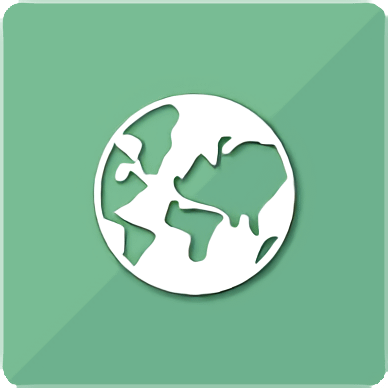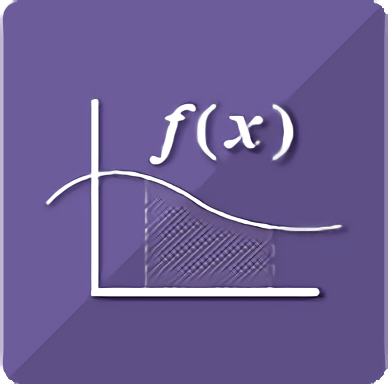- Home
- All Courses
- Project Based
- Earth Science [Project Based] (1st semester)

$250.00
Earth Science [Project Based] (1st semester)
Course Description
Earth Science explores how a number of sciences, including geology, physics, chemistry, and biology impact the world and universe around us. In this interactive and engaging course, students study air, water, and the physical processes that shape the physical world, and how human civilization has affected the balance of nature. Students learn about the modern science behind topics from the Earth’s history, such as continental drift, ice ages, fossil dating, and geological timescale. Students will also look at processes that affect life today, such as weathering and erosion, the rock cycle, weather patterns, and climate. They will explore regular phenomena, the cause of the seasons and natural disasters. The students will examine the formation, acquisition and use of natural resources, as well as alternative energy sources. The students will also look at Earth as a small part of a larger universe in an exploration of astronomy. They will examine the Solar System and the stars and galaxies beyond it.
Course Breakdown
- Scientific principles
- Cycles of matter
- Studying and modeling the Earth
- Earth’s movements and the seasons
- Factors that determine climate
- Climate-change analysis project
- Formation and age of rocks
- Geological time
- Formation of minerals
- Formation of natural resources Using natural resources
- Effect of the location of resources
- Features and motions of the Moon
- Continental drift
- Causes and effects of earthquakes
- Formation and catastrophic results of volcanoes
- Movement and effects of glaciers
- Earth formations project
Course Goals
- Develop proper scientific methodology techniques and apply them in scientific investigations.
- Analyze the impact of the water, carbon, and energy cycles on Earth and explain how humans interact with each.
- Describe how models are used to make observations and predictions in Earth Science.
- Explain the processes of the rock cycle and the methods used to find the relative and absolute ages of rocks.
- Describe the formation of natural resources and how they are obtained for use as energy sources. Describe the motion of Earth and explain how it affects the climate.
- Explain how the climate changes over time in different regions.
- Explain the theory of plate tectonics and continental drift.
- Compare the characteristics of different types of volcanoes.
- Summarize how the ice ages influenced the formation of geologic structures.
eCourses
Social share
Basic
Your choice of 1 eCourse-
eCourse selection from the following options:
• Core or elective high school or middle school eCourses
• Career Preparatory eCourses -
Access to Expert Teachers for Support
• Teacher graded assessments and feedback
• Enrollment Services
Standard
Your choice of 2 eCourses-
eCourse selection from the following options:
• Core or elective high school or middle school eCourses
• Project-Based Learning eCourses
• Career Preparatory eCourses -
Access to Expert Teachers for Support
• Teacher graded assessments and feedback
• Enrollment Services
• A personal learning coach
• Access to a lesson video library
Premium
Your choice of THREE eCourses-
eCourse selection from the following options:
• Core or elective high school or middle school eCourses
• Project-Based Learning eCourses
• Social-Emotional Learning eCourse
• Career Preparatory eCourses -
Instructional and Student Support Services
• Teacher graded assessments and feedback
• A personal learning coach
• Access to a lesson video library
• Three live instructional sessions per week or six hours of tutoring support





